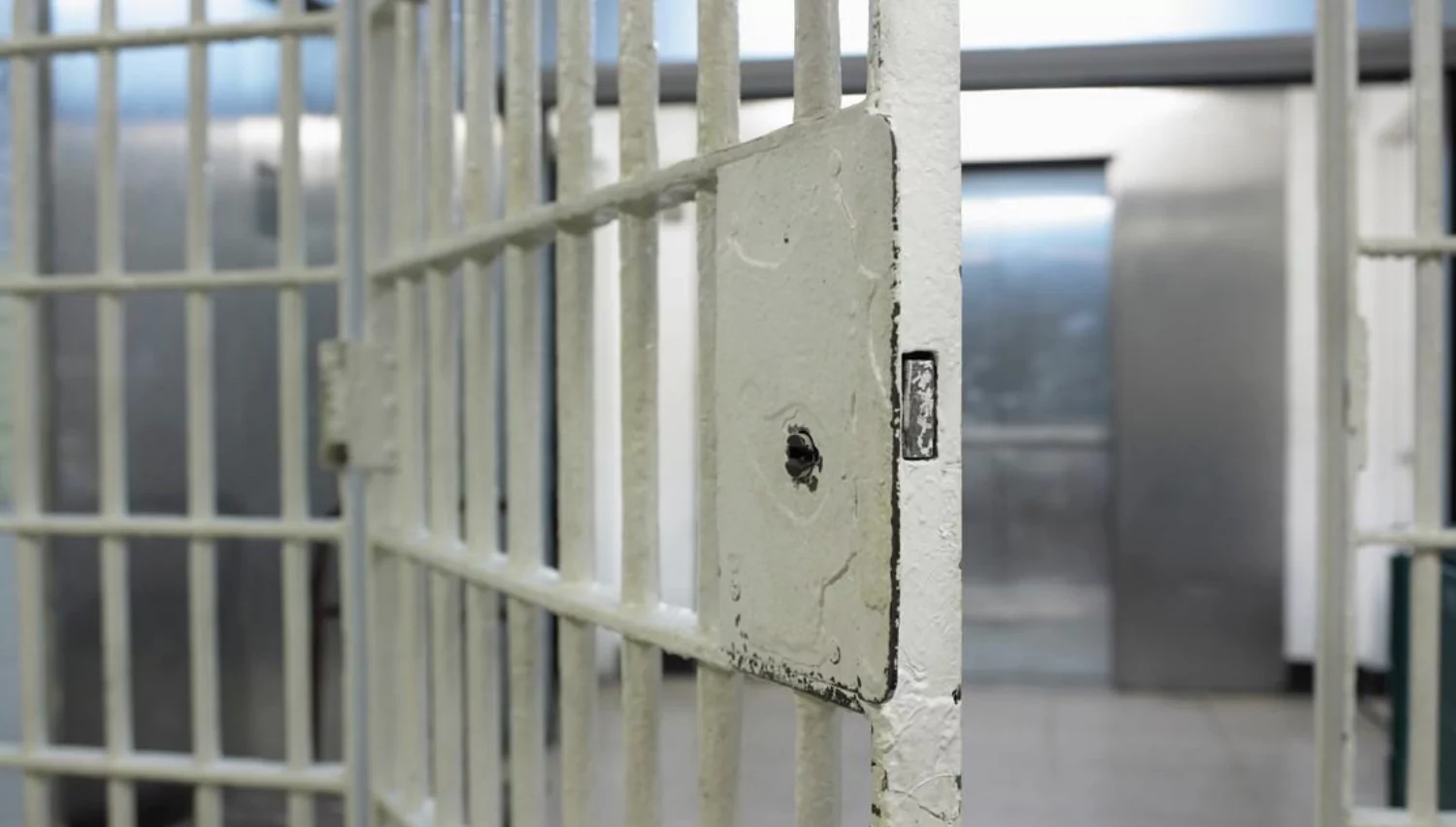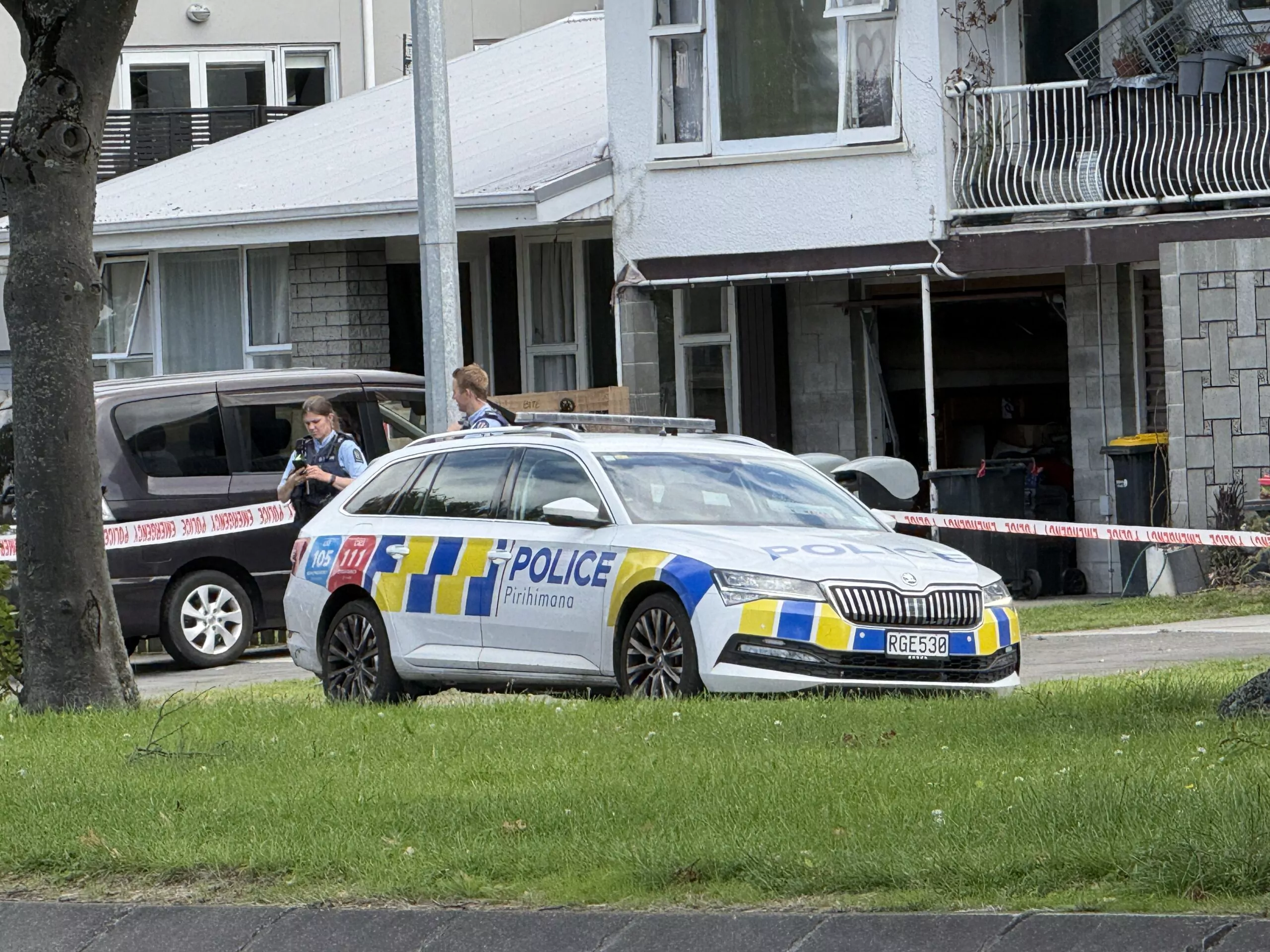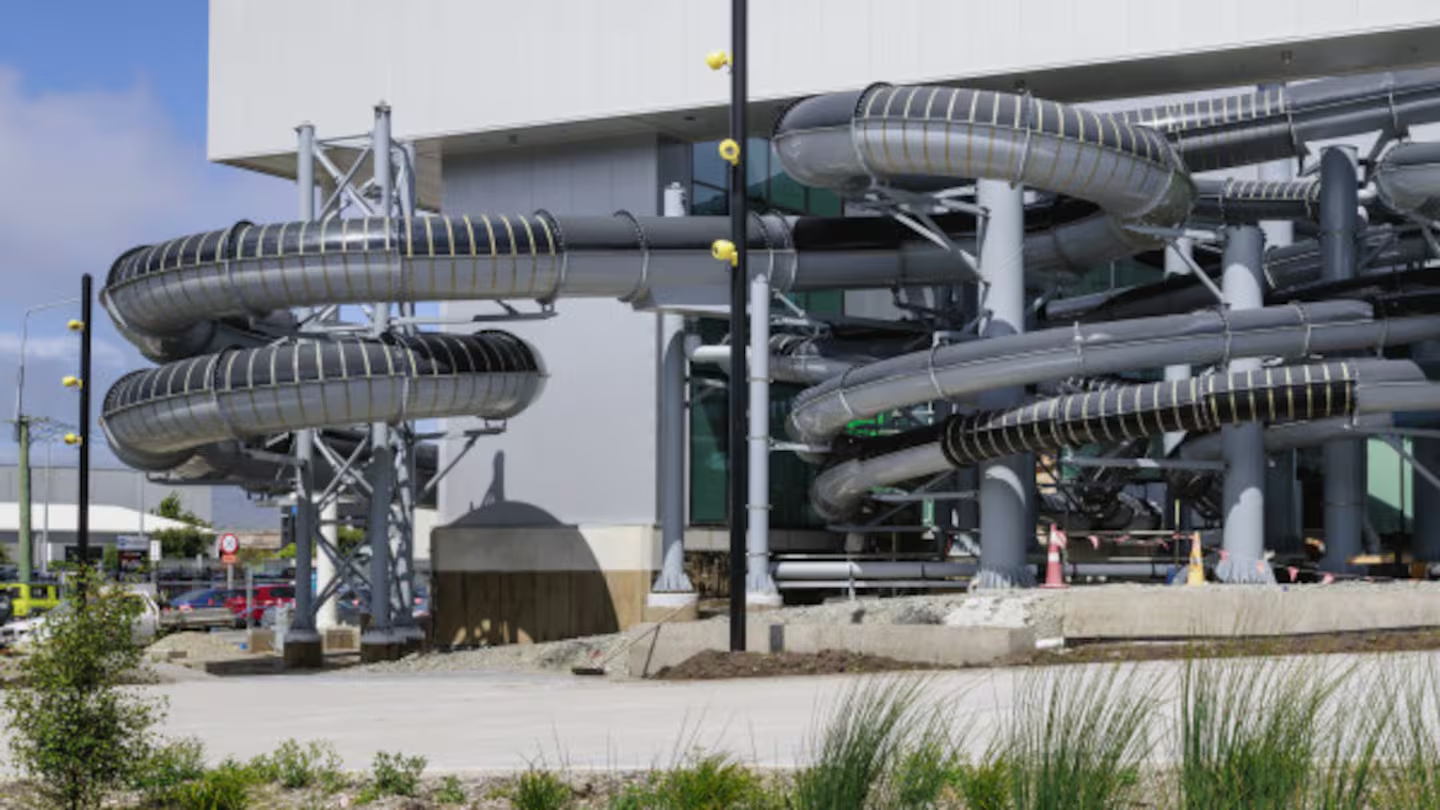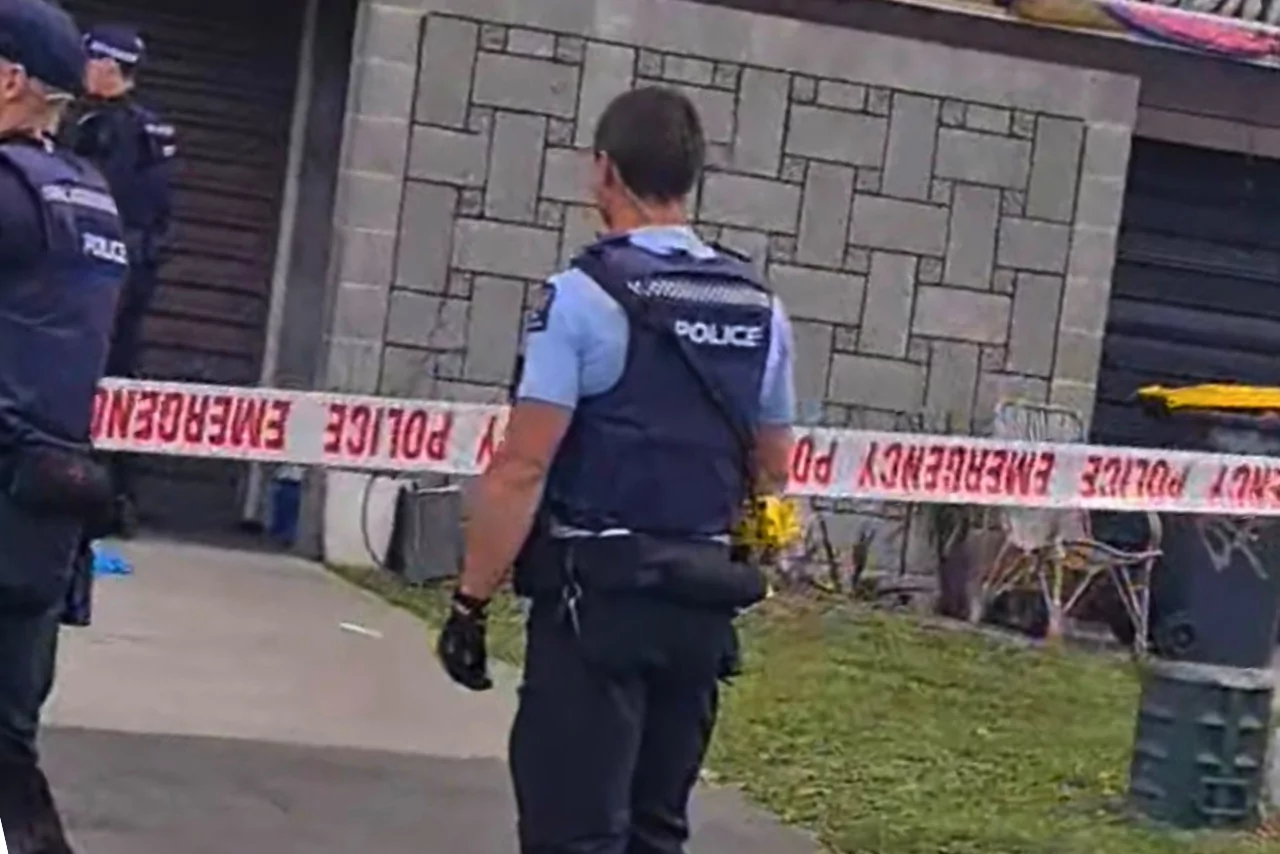Escaped youth tracked by Eagle helicopter, found hiding in New Brighton
The young person who escaped from a youth justice facility in Rolleston has been located...

A government plan to expand Christchurch Men’s Prison with 292 new beds and major new infrastructure has triggered a protest hīkoi to parliament, with criminal justice advocates accusing the Coalition of fueling mass incarceration.
Grassroots prison abolitionist organisation People Against Prisons Aotearoa is leading the protest, which begins on Friday morning outside the Department of Corrections National Office in Wellington, before moving to the grounds of parliament.
The hīkoi follows the opening of a new 596-bed facility last week and the announcement of an 810-bed expansion at Waikeria Prison.
But it is Christchurch Men’s Prison that is now emerging as a flashpoint. In March, Corrections Minister Mark Mitchell confirmed that funding from Budget 2025 would deliver 240 new high security beds at Christchurch Men’s Prison, along with a new Health Centre and Intervention and Support Unit containing 52 beds.
“Our government is committed to restoring law and order and ensuring there are consequences for crime, and because of that we’ve seen the prison population nearing its March 2018 peak,” Mitchell said during the announcement at Auckland’s Investment Summit.
“We’re investing in our prisons to meet the growing demand for capacity, keep frontline staff, prisoners and the public safe, and provide the best possible environment to rehabilitate prisoners to reduce the risk of reoffending.”
The redevelopment of Christchurch Men’s Prison will cost between $700 and $800 million and will be delivered through a Public Private Partnership (PPP), with the government responsible for custodial operations. Construction is expected to start in mid-2026 and finish in 2029.
Mitchell said, “The staff at Christchurch Men’s Prison work incredibly hard to manage some of this country’s most dangerous people and keep New Zealanders safe. We are committed to ensuring they have safe, modern facilities to work in and an environment where they can deliver effective rehabilitation, mental health and health services.”
The new Intervention and Support Unit is intended to provide specialist mental health support for prisoners at risk of harming themselves or others. The current unit and health centre are considered outdated and have drawn criticism from oversight agencies.
However, PAPA says the expansion is a political choice that prioritises punishment over solutions.
PAPA Wellington branch member Mallory Stevenson said, “Adding more capacity to prisons will not address the injustices of our so-called justice system. We already know that the police and the courts lock up Māori extremely disproportionately. Expanding these systems just breaks apart more whānau, pushes Māori further into poverty. We need to meet people’s real needs, rather than just dumping billions of dollars into locking up the poor.”
Stevenson said the growing prison population is being driven by policy choices, not crime rates.
“The prison population is only growing because of totally reversible decisions this government has made. Despite evidence that longer sentences make it harder for people to reintegrate into society, they are choosing to lock more people up for longer.”
She said the government has created the overcrowding it now claims to be solving.
“If there’s an issue with prison overcrowding, it is an issue this government has created. We could be granting bail to the thousands of people on remand who haven’t been convicted of any crime and pursuing community-based solutions wherever possible.”
Stevenson accused the government of defunding social support to fund punitive policies.
“This government has taken every opportunity to defund services that actually help people and reduce crime. This government has defunded society so it can funnel cash to its billionaire supporters, and the prison crisis is the result. We deserve better.”
Corrections says the Christchurch facility is vital for the South Island prison network, especially given its role servicing major courts and its wide geographic reach. Several high security units at the site were decommissioned in 2022 due to seismic and infrastructure concerns, forcing transfers to Otago Corrections Facility.
Once the new development is complete, Christchurch Men’s Prison will have 1,166 operational beds. The high security building will contain 160 cells, with the capacity to double-bunk up to 240 prisoners. The government says this will ensure resilience across the national network.
Currently, New Zealand has around 10,500 people in prison. Projections show the population could rise to 13,900 over the next decade under proposed government policies.


